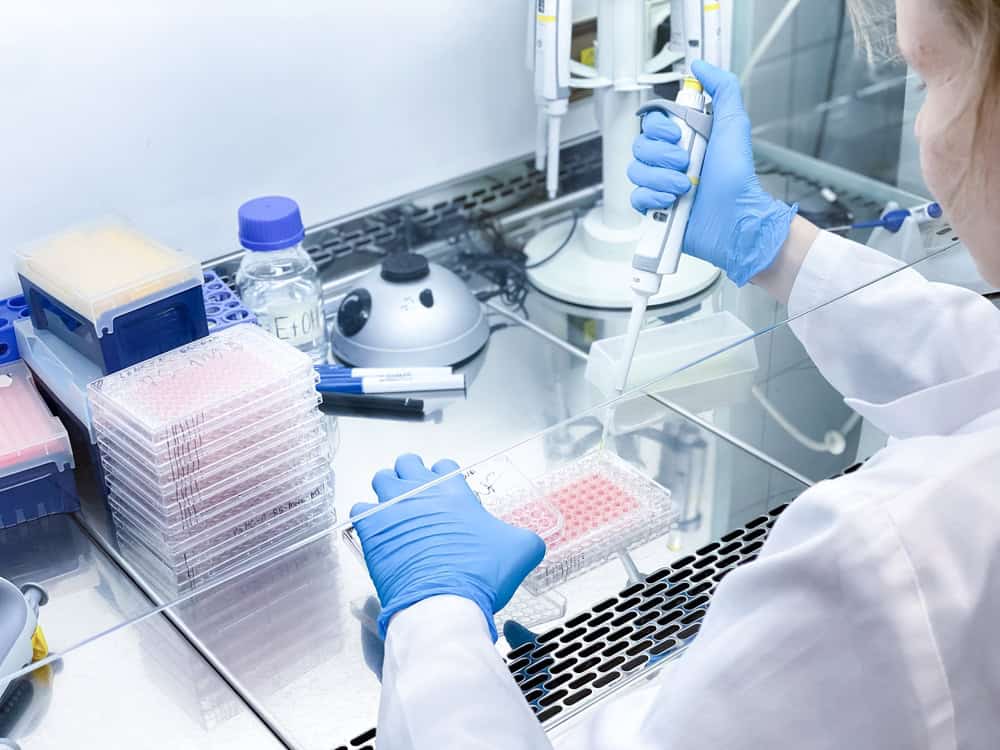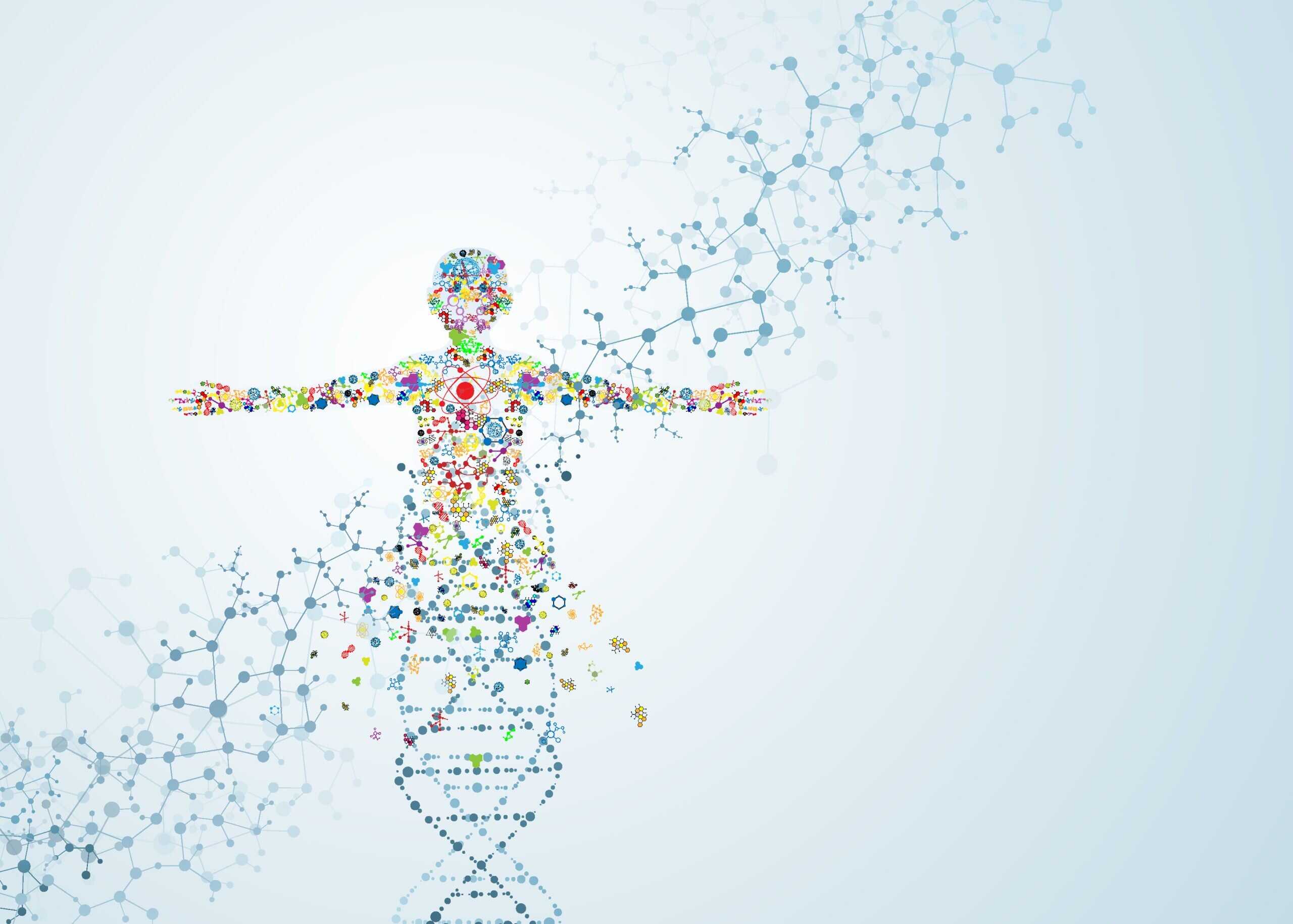JUNE 19, 2025
The New Era of Life Sciences: Biotech Breakthroughs Redefining Logistics and Packaging

The life sciences field is undergoing a profound transformation driven by rapid advancements in biotechnology, artificial intelligence, and personalized healthcare solutions. Newsweek’s 2025 Future of Life Sciences special report explores how innovation across biotechnology, pharmaceutical development, and medical logistics is creating a new standard in research, treatment, and global healthcare delivery. These developments are not only revolutionizing how new drugs are discovered and manufactured but also reshaping the way therapies are stored, transported, and accessed by patients.
From gene editing technologies and AI-guided clinical trial design to mRNA platforms and sophisticated thermal packaging systems, the future of medicine depends on more than just scientific breakthroughs.
It demands a fully integrated infrastructure that ensures quality, compliance, and continuity throughout the entire life sciences ecosystem.
Biologics: The Novel Therapies Transforming Modern Drug Development

The Newsweek report underscores the growing importance of biologics—therapies derived from living organisms, such as proteins, cells, or tissues. Unlike traditional chemically synthesized drugs, biologics are far more complex and sensitive to environmental factors like temperature, humidity, and light.
“Most of the therapies discussed in this article belong to the rapidly growing class of biologics… Their rise has fundamentally reshaped the life sciences services ecosystem, from manufacturing to logistics.”
Because biologics must remain stable and effective throughout the supply chain, temperature control has become a critical consideration. This has driven rapid growth in cold chain packaging solutions that can meet increasingly rigorous stability and compliance standards.
Biologics are also driving the expansion of targeted therapies for chronic and rare diseases, which further increases the demand for accurate, agile, and reliable delivery systems.
Artificial Intelligence: Accelerating Discovery and Development
Artificial intelligence is having a transformative impact on pharmaceutical R&D. Machine learning models are now enabling scientists to analyze large-scale biomedical data, pinpoint viable drug targets, simulate molecular behavior, and design more efficient clinical trials.
As one contributor explains, AI is “allowing researchers to cut down the drug development timeline dramatically,” making it possible to deliver therapies to patients faster than ever before.
Beyond drug discovery, AI is improving patient recruitment, forecasting trial outcomes, and optimizing regulatory pathways. As clinical development becomes increasingly data-driven and decentralized, pharmaceutical supply chains must evolve to support more nimble and distributed delivery frameworks.

Gene Editing and Personalized Medicine
Innovations like CRISPR-Cas9 are ushering in a new era of personalized medicine. These tools allow researchers to alter DNA with precision, enabling individualized therapies tailored to a patient’s genetic profile. This represents a major leap from traditional treatments, which are often designed to serve broad populations.
However, personalized therapies bring logistical complexity. Each custom treatment may require different handling protocols, time-sensitive delivery, and specialized packaging.
The shift from “one-size-fits-all” therapies to precision treatments is increasing demand for adaptable, custom-designed packaging solutions that can manage smaller, more specialized shipments.
These changes require seamless collaboration between manufacturers, logistics providers, and healthcare facilities to ensure that every therapy reaches its intended recipient intact and on time.
mRNA Therapies and Advanced Delivery Requirements
The COVID-19 pandemic validated the potential of mRNA vaccine platforms and exposed critical gaps in global cold chain capabilities. mRNA-based drugs require ultra-low storage temperatures and rigorous transport conditions, presenting unique challenges for pharmaceutical logistics.
ThermoSafe played a pivotal role during the vaccine rollout by providing high-performance temperature-controlled packaging systems. These solutions were specifically engineered to maintain thermal stability and product integrity under extreme conditions.
Looking beyond vaccines, mRNA is being investigated for treating cancer, genetic diseases, and other advanced therapies, further increasing the need for reliable cold chain infrastructure that can scale globally.
ThermoSafe’s Role: A Strategic Partner in Biotech Logistics

In a recent NewsWeek Investment Reports interview, Jim Lassiter, Vice President and General Manager of ThermoSafe, explains how the company has evolved to meet the demands of modern biologics and personalized medicine.
“The pandemic underscored the need for robust solutions to maintain extreme temperature requirements and stability in biologics, which ThermoSafe was happy to support,” Lassiter notes.
ThermoSafe’s success during the global vaccine rollout reflected the importance of resilience and flexibility in life sciences logistics. Since then, the company has scaled its offerings and capabilities to align with the evolving needs of biotech innovators.
“About 95 percent of ThermoSafe’s products have transitioned to bespoke designs,” Lassiter shares. “Customers now require solutions that address not just temperature and time but also specific payload and delivery needs.”
This shift toward customization is driven by the rise of precision medicine, increasing regulatory demands, and the complexity of global distribution networks. ThermoSafe continues to invest in research, engineering, and sustainability to meet these challenges.
“We’re not just packaging providers. We’re strategic partners in ensuring the safe, efficient delivery of tomorrow’s therapies,” Lassiter concludes.
ThermoSafe’s ongoing contributions highlight the growing role of patient-centric packaging solutions in enabling the timely, safe, and sustainable delivery of cutting-edge therapies.
Conclusion: Supporting Innovation Through Logistics
As life sciences continues to accelerate toward personalized, data-driven therapies, the infrastructure that supports this innovation must advance in parallel. Cold chain packaging and logistics have become mission-critical elements of the pharmaceutical value chain—ensuring that life-saving therapies maintain their efficacy from lab to patient.
ThermoSafe is proud to stand at the forefront of this transformation. Through strategic partnerships with leading pharmaceutical and biotech companies, the organization is enabling a future where breakthrough treatments are not only developed—but delivered—with confidence, safety, and sustainability in mind.
